
Knowing the main bank holidays in Portugal is more than just about becoming aware of when you will possibly have some additional breaks. It is also a great opportunity to get to know the country’s main traditions and cultural festivities and a smart way to make your annual paid holidays stretch a little further.
Public Holidays in Portugal: What There is to Know
Before opening up your calendar to schedule your next trips, or maybe even a short visit back home, there are a few things that are important to know about the public holidays in Portugal. The first one is that, in the country, holidays are celebrated – and observed – always on their official date. That means that, if a holiday falls on the weekend, the time off will not be transferred to any other day.
The other thing to know is that, as a result of Portugal’s strong Catholic roots, there are quite a few holidays that have a religious meaning or background, even if some have outgrown their initial purpose, becoming a part of the country’s broader culture, such as Santos Populares. Also, it is important to take into account that Portugal has both national days – celebrated in the whole country – and local celebrations, that will vary in each of the regions of Portugal. This is especially important to know in case you work in a city and live in another, as companies follow the calendar of where they are located.
Last but not least: Portugal’s law on annual paid holidays says that every year employees have the right to 22 business days. That means that, if you take your time off on a week that has a holiday in it, you will use only 4 days, rather than the typical 5. That is also a major reason why so many people take their annual leaves during the Corpus Christ Holiday, or the Santos Populares week, both during the summer. With the right amount of planning, you can stretch your holidays way beyond the 22 average days.
2025 National Bank Holidays in Portugal
| Date | Holiday | Portuguese Name | Weekday in 2025 |
|---|---|---|---|
1st of January | New Year’s Day | Ano Novo | Wednesday |
18th of April | Good Friday | Sexta-feira Santa | Friday |
20th of April | Easter Sunday | Domingo de Páscoa | Sunday |
25th of April | Freedom Day | Dia da Liberdade | Friday |
1st of May | Labor Day | Dia do Trabalhador | Thursday |
10th of June | Portugal National Day | Dia de Portugal, Camões e Comunidades Portuguesas | Tuesday |
19th of June | Corpus Christi | Corpo de Deus | Thursday |
15th of August | Assumption of Mary | Assunção de Nossa Senhora | Friday |
5th of October | Republic Day | Implantação da República | Sunday |
1st of November | All Saints’ Day | Dia de Todos os Santos | Saturday |
1st of December | Restoration of Independence Day | Restauração da Independência | Monday |
8th of December | Immaculate Conception | Imaculada Conceição | Monday |
25th of December | Christmas Day | Natal | Thursday |
1st of January – New Year’s Day
Following the global trend this is a day for rest after the New Year’s Eve celebrations. In Portugal, people usually stay home getting ready for the new year ahead. Almost everything is closed, including restaurants and markets and that holds true even in the country’s largest cities.
18th of April – Good Friday
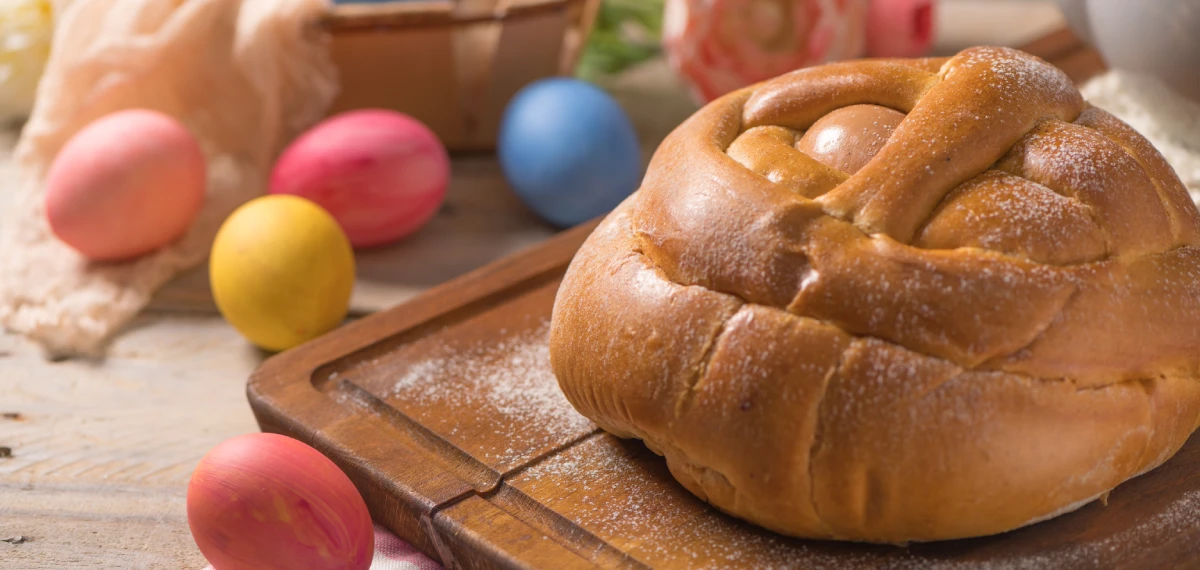
This is a Christian holiday surrounding the crucifixion of Jesus Christ and it always precedes Easter. From that day up until the weekend, many cities hold processions, where devotees take long walks in the streets behind religious figures that are carried across the path.
20th of April – Easter Sunday
This is an important Christian holiday that celebrates the resurrection of Christ, and it is usually spent among family. During that period, Portuguese people exchange chocolates and consume almonds and some other typical dishes that will vary from one region to another.
25th of April - Freedom Day

This is one of the most emblematic holidays in Portugal, as it commemorates the end of a long dictatorship, conquered through a pacific military intervention. On this day, Portuguese nationals and residents take to the streets with carnations in their hands, which is the main symbol of the revolution that led to Portugal’s freedom and to a new democratic phase. This has become the tradition of many families, who enjoy a nice spring day celebrating among the crowds.
1st of May – Labor Day
As is many other countries, Labour Day is a national holiday in Portugal. It is a day with many political manifestations and committees' reunions around the country.
10th of June - Portugal National Day
Besides being Portugal National Day, the 10th of June is also the day of the poet Camões and of the Portuguese communities, and it was chosen precisely because that was the day that, in 1580, Luís Vaz de Camões passed away.
19th of June - Corpus Christi
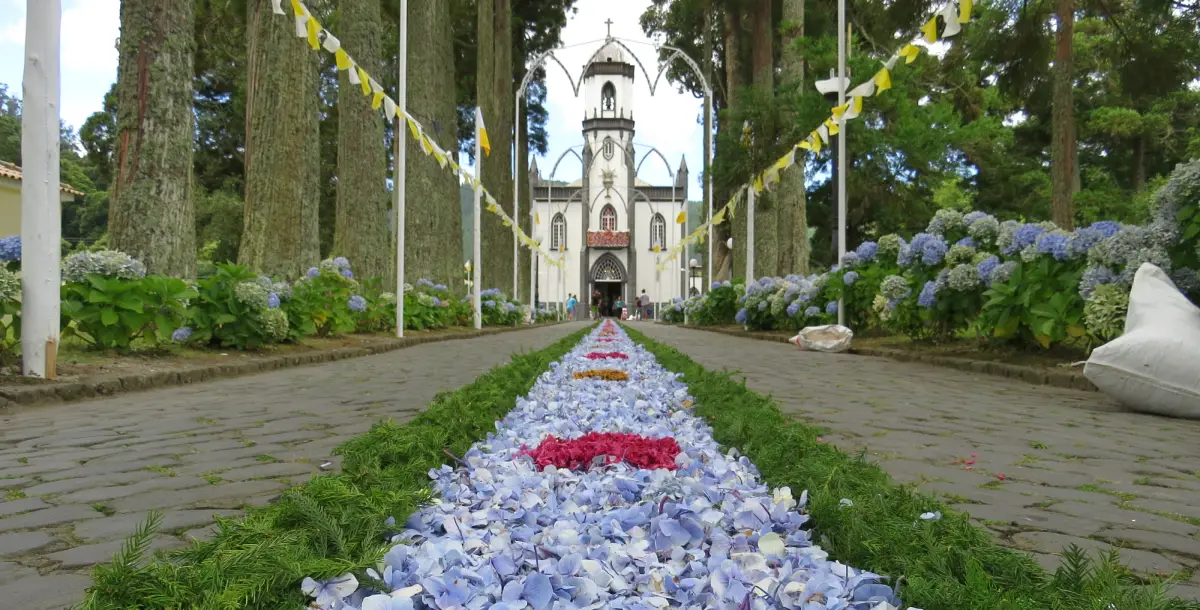
This holiday does not have a fixed date, and it happens on the second Thursday following the Pentecost Sunday, or 60 days after Easter. This is a religious celebration, and many cities have the tradition of making flower tapestry on the streets, where later on devotees pass on top of during the processions.
15th of August - Assumption of Mary
Yet another Christian holiday, the Assumption of Mary pays homage to Virgin’s Mary death and resurrection, through pilgrimages and dedicated masses.
5th of October - Republic Day
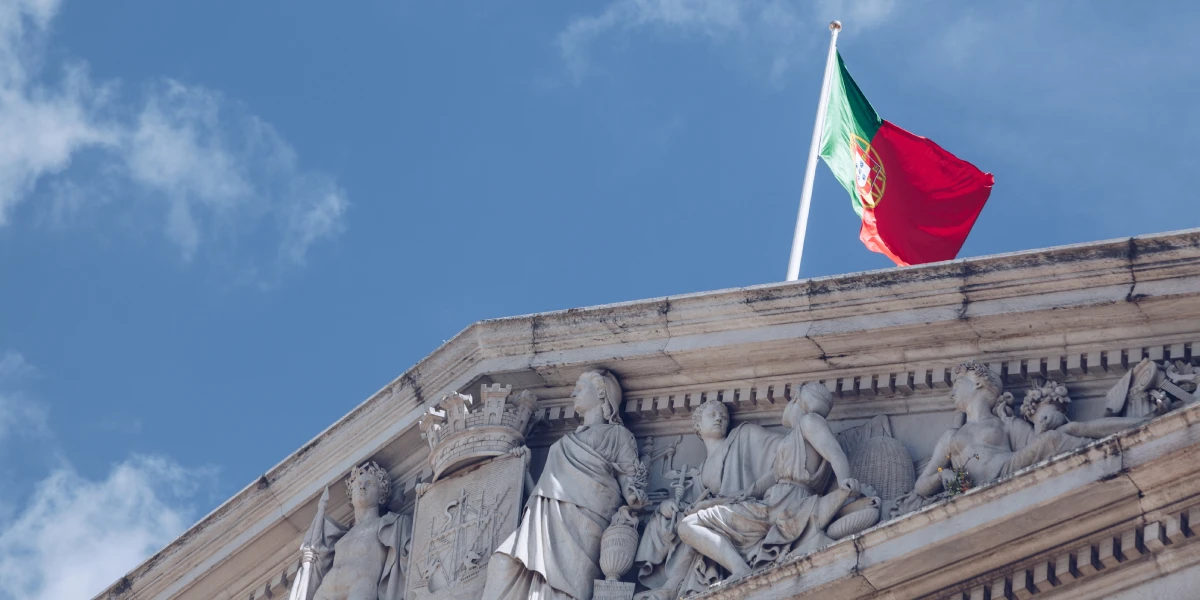
On the 5th of October of 1910, Portugal’s monarchy came to an end, giving place to the Implantation of the Republic. This date is celebrated with military parades, playing of the national anthem in Lisbon’s City Hall, flag raising and with the delivery of decorations.
1st of November – All Saints Day
On the first day of November, Portuguese people pay homage to the deceased. Many go to cemeteries to clean and decorate the gravestones of their loved ones. In smaller cities, kids also keep the old tradition of going around their neighbourhoods asking for “Pão por Deus”, or “Bread for God”, receiving baked goods, nuts and sweets in return.
1st of December - Restoration of Independence Day
On the 1st of December of 1640, a revolution took place in the country, overthrowing the Spanish dynasty that had ruled the country since 1580 and thus restoring Portugal’s Independency.
25th of December – Christmas
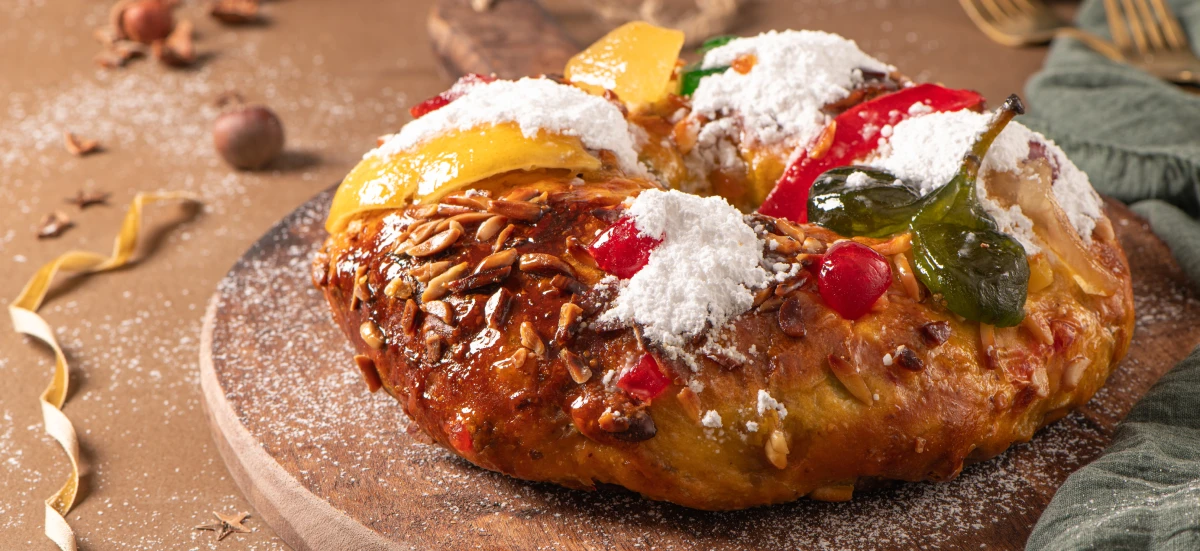
As in many countries around the globe, Portugal celebrates Christmas with many themed decorations, street markets and a jolly spirit. Families usually have a special dinner on Christmas Eve, where gifts are exchanged, and then gather again – or with friends – for lunch on the actual holiday, which is the 25th.
Main Local Holidays in Portugal
Each region has its own set of holidays as well, usually celebrated at a municipal level. A lot of Portuguese cities will have a holiday in homage to their patron saint, and some will also celebrate the day the municipality was created.
| Date | Name | Portuguese Name | City |
|---|---|---|---|
15th of January | Santo Amaro’s Feast | Festa de Santo Amaro | Santa Cruz (Madeira) |
22nd of January | Saint Vicent’s Feast | Festa de São Vicente | Póvoa de Lanhoso (Braga), Santarém (Santarém) |
29th of March | Saint Joseph’s Day (or Feast) | Dia de São José | Lisbon (Lisbon), Cascais (Lisbon),Matosinhos (Porto), Vila Real (Vila Real) and others. |
13th of June | Saint Anthony’s Day | Dia de Santo António | Almada (Setúbal), Braga (Braga), Guimarães (Braga), Porto (Porto)Tavira (Faro) and others. |
24th of June | Saint John’s Day | Dia de São João | Almada (Setúbal), Braga (Braga), Guimarães (Braga), Porto (Porto)Tavira (Faro) and others. |
29th of June | Saint Peter’s Day | Dia de São Pedro | Évora (Évora), Porto de Mós (Leiria), Seixal (Setúbal), Sintra (Lisboa) and others. |
Important Dates in the Portuguese Calendar
Although bank holidays are the only ones that count when it comes to taking some extra days off, there are other dates that are important to know when living in – or even visiting - Portugal, as they usually bring along some type of tradition, like the exchange of gifts or the consumption of a certain type of food or drink. Here are some of main the ones:
| Date | Name | Portuguese Name | Weekday in 2025 |
|---|---|---|---|
14th of February | Valentine's Day | Dia de São Valentim | Friday |
4th of March | Carnival | Carnaval | Tuesday |
8th of March | Women’s International Day | Dia Internacional da Mulher | Saturday |
19th of March | Father’s Day | Dia do Pai | Wednesday |
4th of May | Mother’s Day | Dia da Mãe | Sunday |
11th of November | Saint Martin’s Day | Dia de São Martinho | Tuesday |
14th of February – Valentine's Day
On this day, people celebrate love, especially from a romantic point of view. As in many other countries, couples usually exchange gifts and take the chance to have a special dinner. In larger cities, there are great chances that restaurants have special menus and booking in advance is advised.
Carnival

The Portuguese Carnival is a modest affair, mostly aimed at children, where they dress up and put on masks (not unlike Halloween, without the trick or treating). It's also an opportunity for parades, dances, and to also play some pranks. There's a saying in Portugal: "No Carnaval ninguém leva a mal!” which means that, during this holiday, no one should take the pranks seriously. There's also a religious association with this holiday, which precedes the Lent, and is marked by the Festivity of Entrudo. During this festivity, locals dress up dolls in straw and engage in a sort of "battle of the sexes”.
Carnival is an optional holiday, meaning that companies and governmental agencies can choose if they will give the day off or not.
8th of March – Woman's International Day
Following the global calendar, Portugal also takes the 8th of March to celebrate International Women’s Day and the importance of the rights and achievements of women.
19th of March – Father's Day
Unlike Mother’s Day, which is not on a fixed date, Father’s Day is always celebrated on the same day, no matter when it falls on the week. For many, that means meeting their fathers only for dinner or even on a close weekend.
First Sunday of May – Mother’s Day
Portugal has a strong family-driven culture and, on Mother’s Day, a special lunch among generations is a tradition. People even travel back to their hometown in order to do so.
11th of November – Saint Martin’s Day
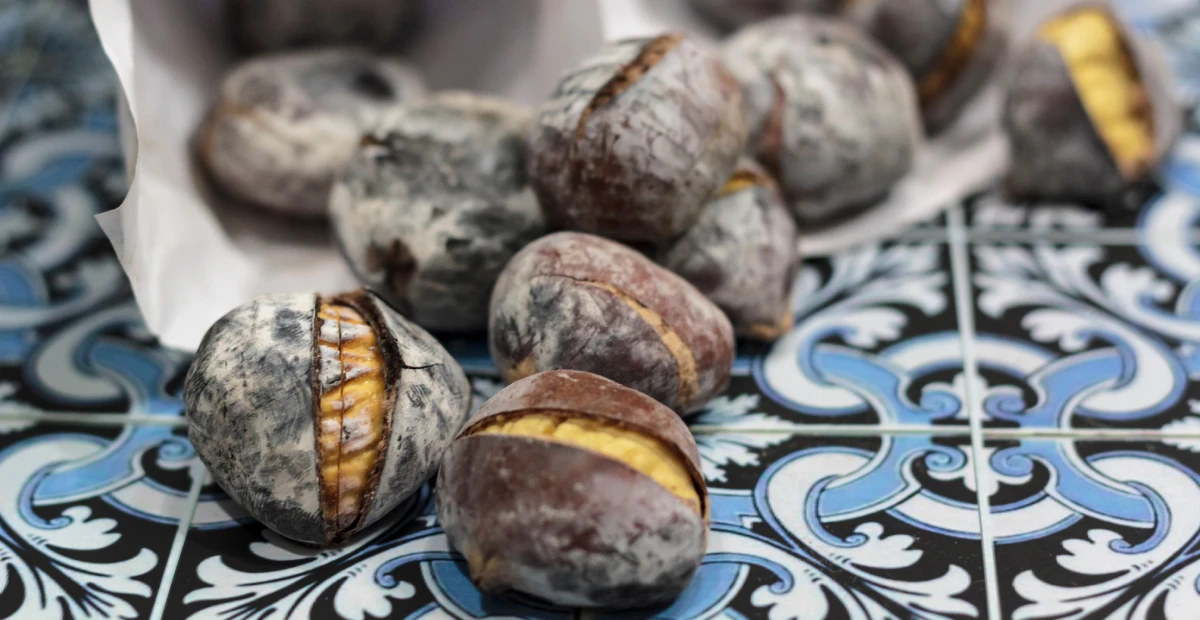
Even though only some municipalities have this a bank holiday, Saint Martin’s Days is interesting because it brings the tradition of eating Portuguese nuts, a must during autumn in Portugal, accompanied by Jeropiga, a strong sweet wine that is combined with aguardente.
Portugal’s Public Holidays in 2025: Summing Up the Essentials
Whether you just got here or not, being aware of Portugal’s 2025 bank holidays will help you to plan effectively and enjoy the country’s rich cultural fabric. From the lively festivals marking religious observances to the commemorations of key national milestones, each date reflects the proud traditions of Portugal.
Also, 10 out of the 13 national Portuguese holidays will fall on weekdays in 2025, allowing for some extra time to relax, recharge and for added chances of using Portugal’s various transportation methods to get to know the country a little further.
Do keep an eye on official announcements each year to confirm final dates as some of them can occasionally change. With the right preparation, these bank holidays can provide you with a wonderful opportunity to experience Portuguese heritage first-hand.







